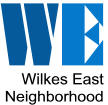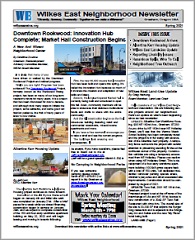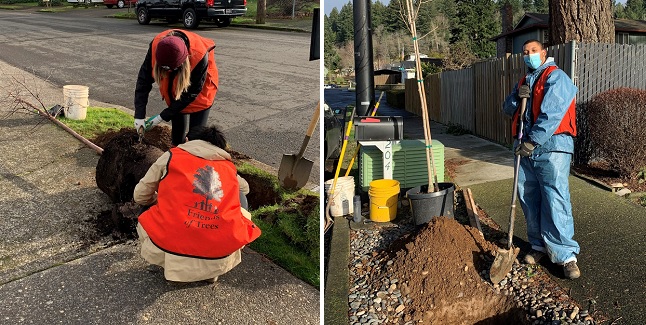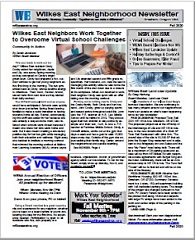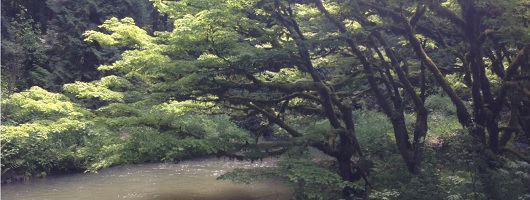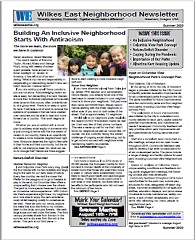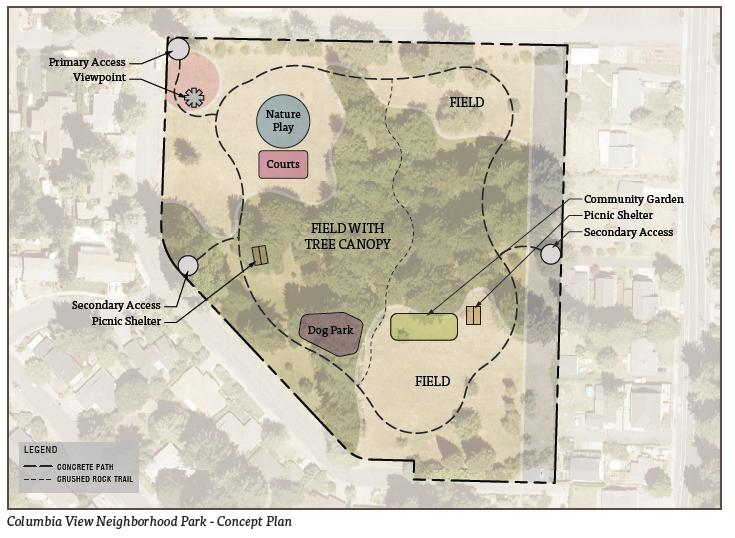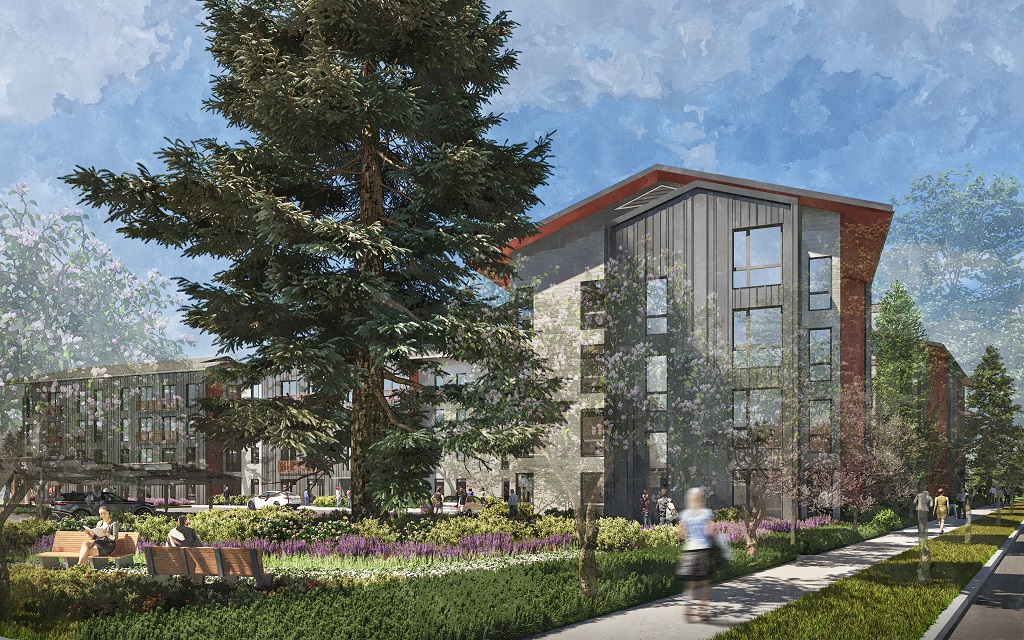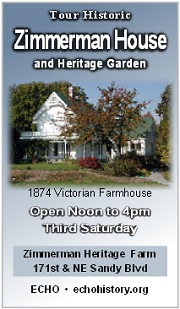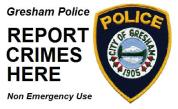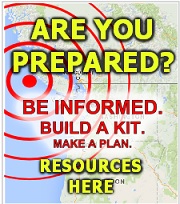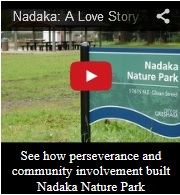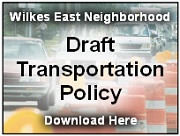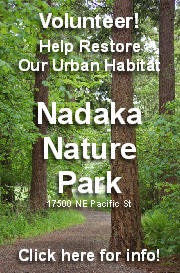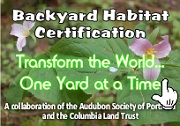Heather Newcomb, Neighbor
I visit Columbia View Park every day. I walk the four blocks with my two toddlers and large dog to the park for our daily dose of nature. Every few months, we visit the closer Pat Pfeifer for the playground or go to Nadaka to play in the sand, but Columbia View offers a unique setting that I choose over the others. This park is more special because it provides an immersive nature experience. With Columbia View’s expansive sight lines, my neighbors and I are able to enjoy the park simultaneously whilst keeping quietly to ourselves as we wish. Here we calm our minds, explore the trees that look like forts to my children, listen to the birds, and pick flowers. We walk large loops and rest under the trees. The thick canopy provides shade from the sun in the summer and a dry area from the rain in the winter. This park is our third place — our second home.
(Read more below the break)
Two hours a week — In a 2019 study of 20,000 people, the European Centre for Environment & Human Health at the University of Exeter found that those who spent two hours a week in nature were substantially more likely to report good health and psychological well being. Those two hours could come in one dose or over several, but there were no benefits to the participants who did not meet the minimum of two hours.
Spending time in untampered green space has also proven to decrease symptoms of anxiety, depression, ADHD, and other conditions. I myself use the park each day to ease anxiety symptoms. With our filled schedules, it is critical to have this advantage of untouched green space nearby our homes. People do not have time to drive out to the Gorge regularly, which is also becoming increasingly crowded on weekends. As a mom, I find it is prohibitive to load the kids into the car every time we want to venture out.
Currently, the city of Gresham seeks to develop more amenities within Columbia View Park. They have reached out four times to seek feedback from the community. At each instance, I personally have heard an outcry from our neighborhood. Many ask to let this unique and special landscape remain an untouched green space. At each subsequent step, however unfortunately, more and more elements have been added to the city's plan.
The current proposed design includes a cement walkway, a fenced dog park, cement courts, picnic shelters, and a community garden. This is far too many things for such a small space and apparently a cookie cutter design reiterated for several parks in the city. The plan did not take into consideration police sight lines to the picnic shelter, unrealistic secondary access points through neighbors’ property, the grade of the land, or the expanse of ground people would have to traverse carrying gardening tools. Further, it will destroy Columbia View’s unique natural landscape and green feeling, and raise the risk of overnight trespassing, drug use, and drinking directly next to HB Lee Middle School.
Rachel and Stephen Kaplan, who have been studying the effects of nature on the brain since the 1970s, say that in city environments, neighborhood streets, the classroom, and at work, people strain to use more of the brain. In nature, people relax their minds, pay attention more broadly, and exert less mental effort. This leads to an overall healthier body and mind. The amenities the city plans will diminish the unique restorative qualities of our neighborhood green space at Columbia View Park. It will make the neighborhood less desirable. It will make the park a destination for those who live outside the neighborhood, increasing vehicular traffic and congestion.
If you value the irreplaceable dose of restorative nature in our neighborhood park, I urge you to reach out to Tina Osterink from the City of Gresham (tina.osterink@greshamoregon.gov), our city council members (greshamoregon.gov/Meet-the-Council), and attend our August 10th Wilkes East Neighborhood Association meeting to insist our feedback is heard!
The neighborhood association is interested in your feedback and your continued support on the Columbia View Park development plan. Please follow this link tinyurl.com/wenasurvey to provide us with an email to receive updates and let us know your own thoughts on what the park might look like.
